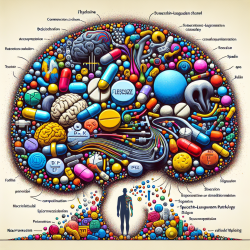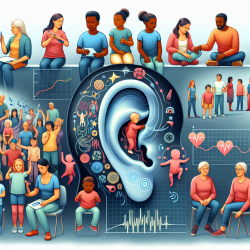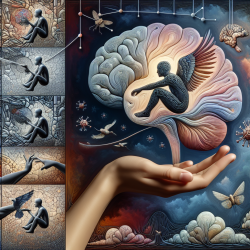The introduction of Medical Assistance in Dying (MAID) has significantly transformed the landscape of palliative care in Canada. This shift has presented unique challenges and paradoxes for nurses who are integral to the MAID process. A recent study titled "Paradoxes, nurses’ roles and Medical Assistance in Dying: A grounded theory" delves into these complexities, offering valuable insights for practitioners seeking to enhance their skills and understanding.
The Role of Nurses in MAID
Nurses play a crucial role in MAID, providing care before, during, and after the procedure. The study highlights eight key paradoxes that nurses face:
- Confrontation about Death: Nurses are trained to save lives, yet MAID involves facilitating a patient's death. This contradiction challenges their professional identity.
- Choice: Respecting a patient's choice to pursue MAID can conflict with personal beliefs, leading to ethical dilemmas.
- Time of Death: The scheduled nature of death in MAID contrasts with the natural course of dying, creating discomfort for some nurses.
- Emotional Load: While some view MAID as a dignified end, others find the emotional burden overwhelming.
- New Legislation: The novelty of the law introduces uncertainty and stress but also opportunities for learning and growth.
- Relationship with Patients: Close relationships can enrich the experience but also intensify emotional distress.
- Communication Skills: Effective communication is essential; however, it can be challenging for those less comfortable with intense emotional exchanges.
- Healthcare Setting: Supportive environments ease the process, while lack of resources and support can exacerbate stress.
Navigating Ethical Dilemmas
The study underscores the importance of understanding these paradoxes to develop interventions that support nurses. It suggests that healthcare managers should consider releasing nurses from other duties when involved in MAID to allow focused care. Additionally, providing team debriefs post-MAID can help manage emotional stress and improve overall well-being.
Encouraging Further Research
This research opens avenues for further exploration into how nurses can navigate these paradoxes effectively. By understanding the lived experiences of nurses involved in MAID, healthcare systems can develop better support mechanisms and educational programs tailored to this unique aspect of care.
Nurses interested in enhancing their skills and understanding of MAID are encouraged to engage with this research and consider how its findings might inform their practice. For those looking to delve deeper into this topic, reading the original research paper provides a comprehensive view of the challenges and opportunities presented by MAID.
To read the original research paper, please follow this link: Paradoxes, nurses’ roles and Medical Assistance in Dying: A grounded theory.










